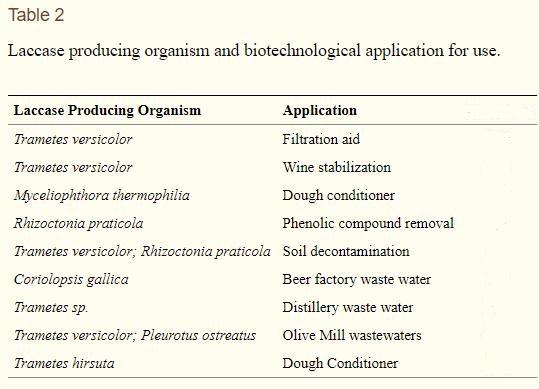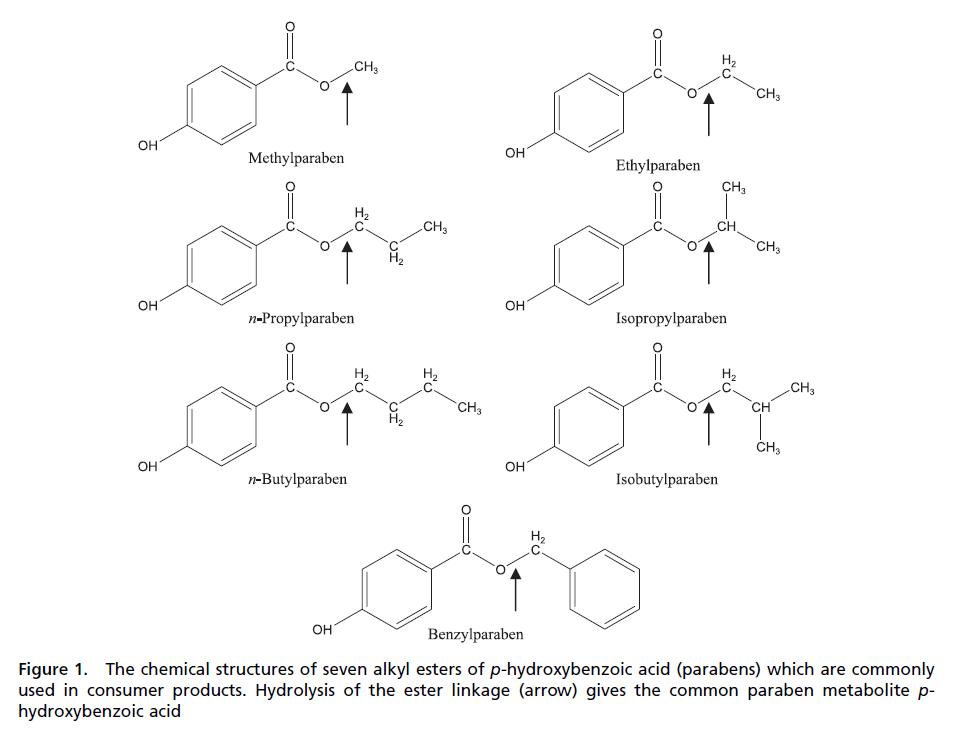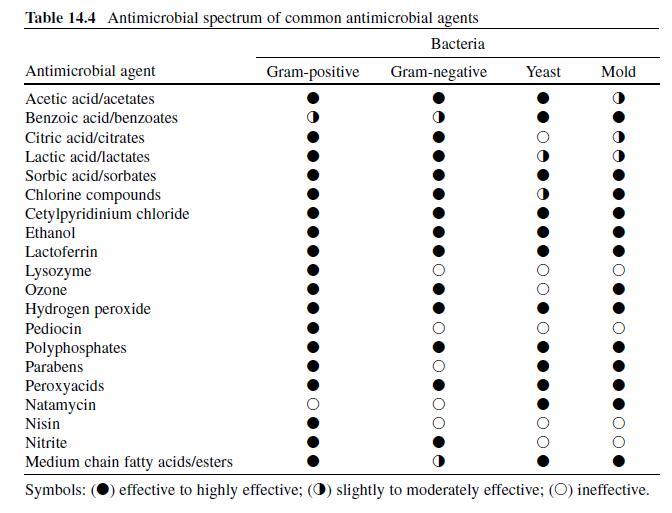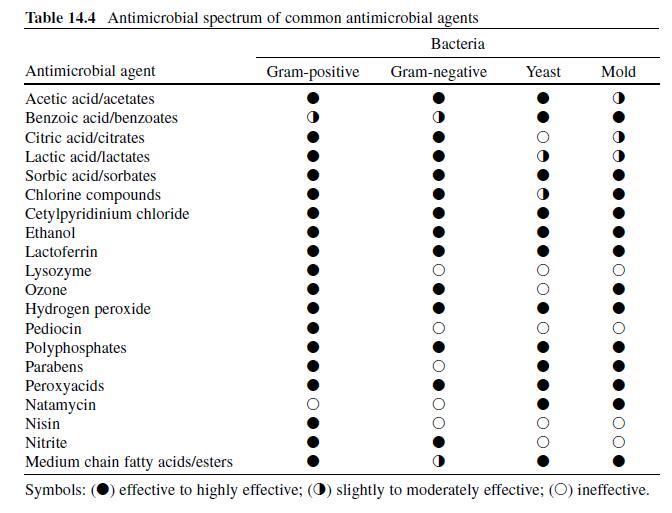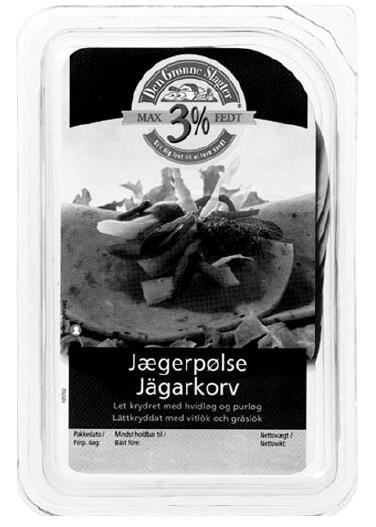Food Additives refers to a kind of natural or artificially synthetic chemicals which can improve the sensory properties (color, smell, taste) of food and food quality. To the adult foods, we can add some additives according to the China's health standards. However, the food additives should be strictly controlled to be applied to infant foods. Infant body has a relative weak detoxification mechanisms or protection mechanisms, being likely to cause the accumulation of large quantities of chemical substances. The World Health Organization and many countries have specified that food additives are not allowed to be supplemented to the infant food. Children's food should also be limited from using of food additives such as saccharin, colorings and flavors. Especially, for the food of baby of less than 12-week-old such as infant formula and cereal products, they should be completely free of food additives. Classification of the food additives: Food additives can be divided into two categories including natural food additives and synthetic food additives. Natural food additive is obtained through using animal and plant or microbial metabolites as raw materials and further extraction. Chemical synthetic additives are obtained through de novo synthesis using chemical substances as raw materials. According to the usage purpose and the nature of chemicals, food additives can be divided into various categories, namely: (1) acid, alkali, salt; (2) bulking agent; (3) antioxidant and synergist; (4) the carrier solvent ; (5) edible pigment; (6) emulsifier, stabilizer and thickener; (7) enzyme preparation for food processing; (8) antifoaming agent; (9) the flavorant (10) bleaching agent; (11) color former; (12) quality improver; (13) sweetener; (14) preservative; (15) sour agent; (16) anti-caking agent; (17) coagulant and
Collagen: Properties, Applications, Collagen as an Added Ingredient etc.
Collagen, a family of insoluble fibrous proteins found in all multicellular organisms, is one of the most abundant proteins in nature. It is the most abundant protein in mammals, comprising about 25–3
Mar 16,2022 Food AdditivesLaccase: Overview, Production, Mechanism of Action, Uses in Food Processing etc.
Laccase belongs to the blue multicopper oxidases and participates in cross-linking of monomers, degradation of polymers, and ring cleavage of aromatic compounds. It is widely distributed in higher pla
Mar 11,2022 Food AdditivesQuaternary Ammonium Compounds - Application in Meat Products and Food Industry
Quaternary ammonium compounds (QAC) are surface active agents (surfactants) commonly added to personal hygiene, pharmaceutical, food industry, and environmental sanitation products to act as antisepti
Mar 10,2022 Food AdditivesApplication in Meat Products of Para -hydroxybenzoic acid esters (parabens)
The alkyl esters (methyl, ethyl, propyl, butyl, heptyl) of para -hydroxybenzoic acid (parabens) are commonly used to preserve cosmetics and other toiletries and drugs, and, in some instances, food pro
Mar 10,2022 Food AdditivesApplication in Meat Products & Food Industry of Organic Acids
Benzoic Acid. Sodium benzoate, a derivative of benzoic acid, is a chemical preservative frequently added to food, pharmaceutical and cosmetic product formulations, although the use of sodium benzoate
Mar 10,2022 Food AdditivesAcetic Acid - Application in Meat Processing & Food Industry
Acetic or ethanoic acid is a monocarboxylic acid which occurs naturally in plant and animal tissues and is also a byproduct of ethanol oxidation by Acetobacter , Gluconobacter and other heterofermenta
Mar 10,2022 Food AdditivesApplication of Fibers in Meat Products
The existing group of commercially available dietary fiber concentrates display an incredible variation in functionality. In nature they play a role as structural components and aid in the binding or
Mar 10,2022 Food AdditivesCurdlan - Ingredient in Meat Products
Curdlan is a linear homopolymer of d -glucose with β-(1, 3) glucosidic linkages, and is produced commercially from the fermentation of glucose by the bacterium Alcaligenes faecalis var. myxogenes.
Mar 10,2022 Food AdditivesGellan Gum - Application in Food Industry
Gellan gum is a high-molecular weight extracellular heteropolysaccharide produced by fermentation of a carbohydrate with a pure culture of the bacterium Sphingomonas elodea .
Mar 10,2022 Food AdditivesLocust Bean Gum - Application in Food Industry
LBG is a galactomannan vegetable gum extracted from the seeds of the carob tree. Also called carob gum or carubin, it is commonly used as a thickener and gelling agent in food products. LBG is less so
Mar 10,2022 Food Additives



